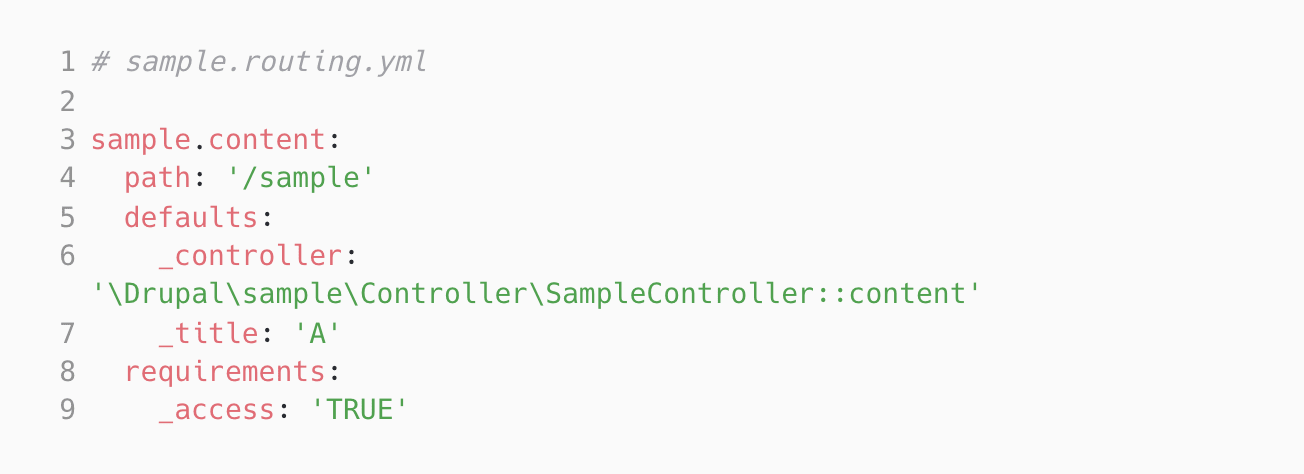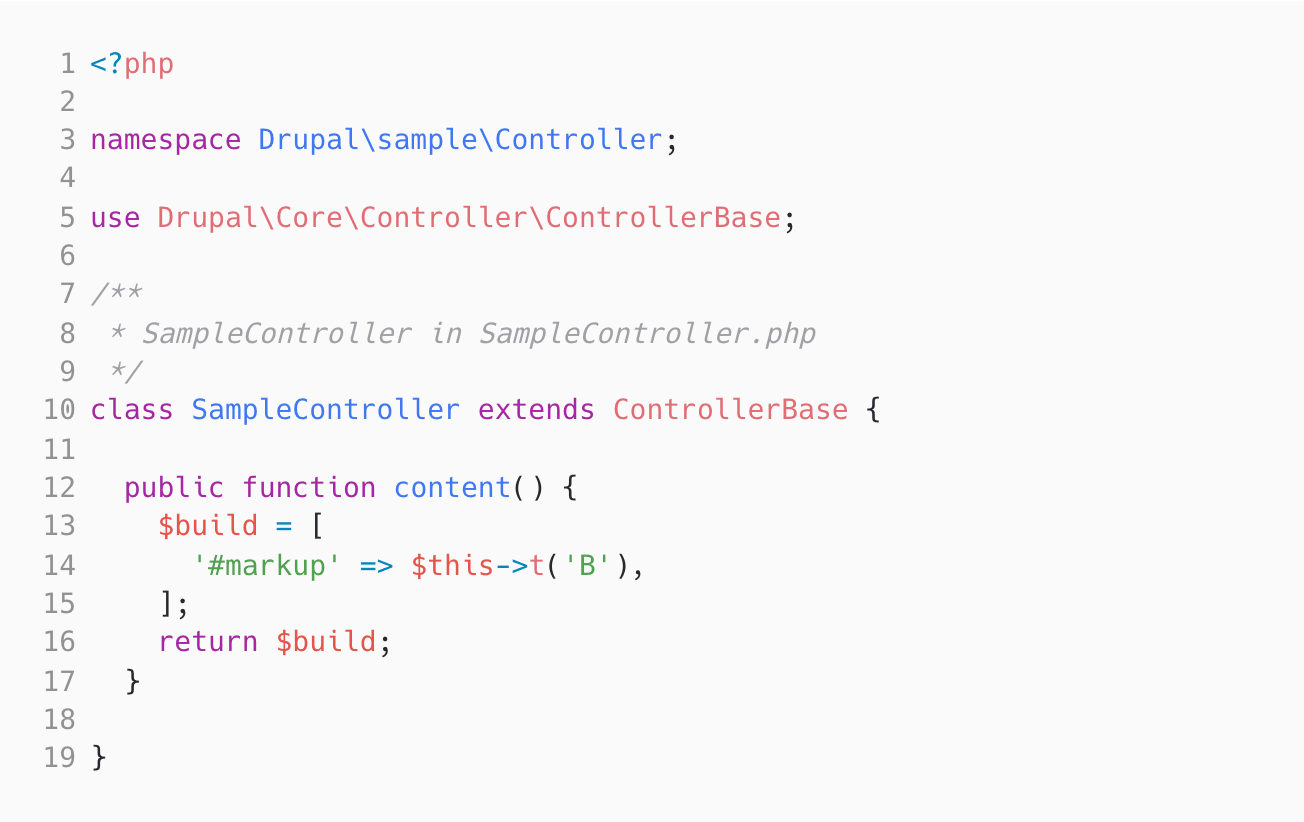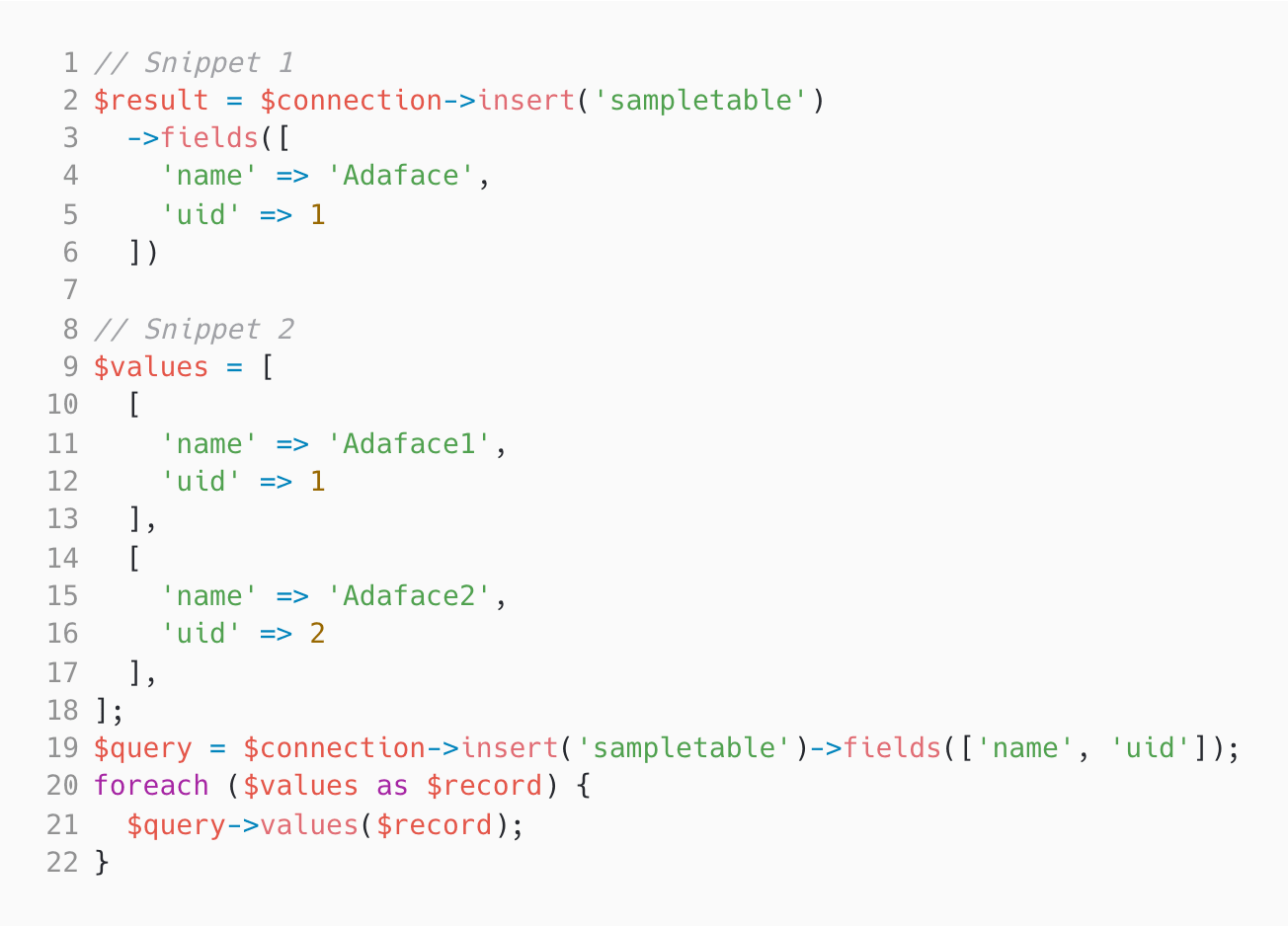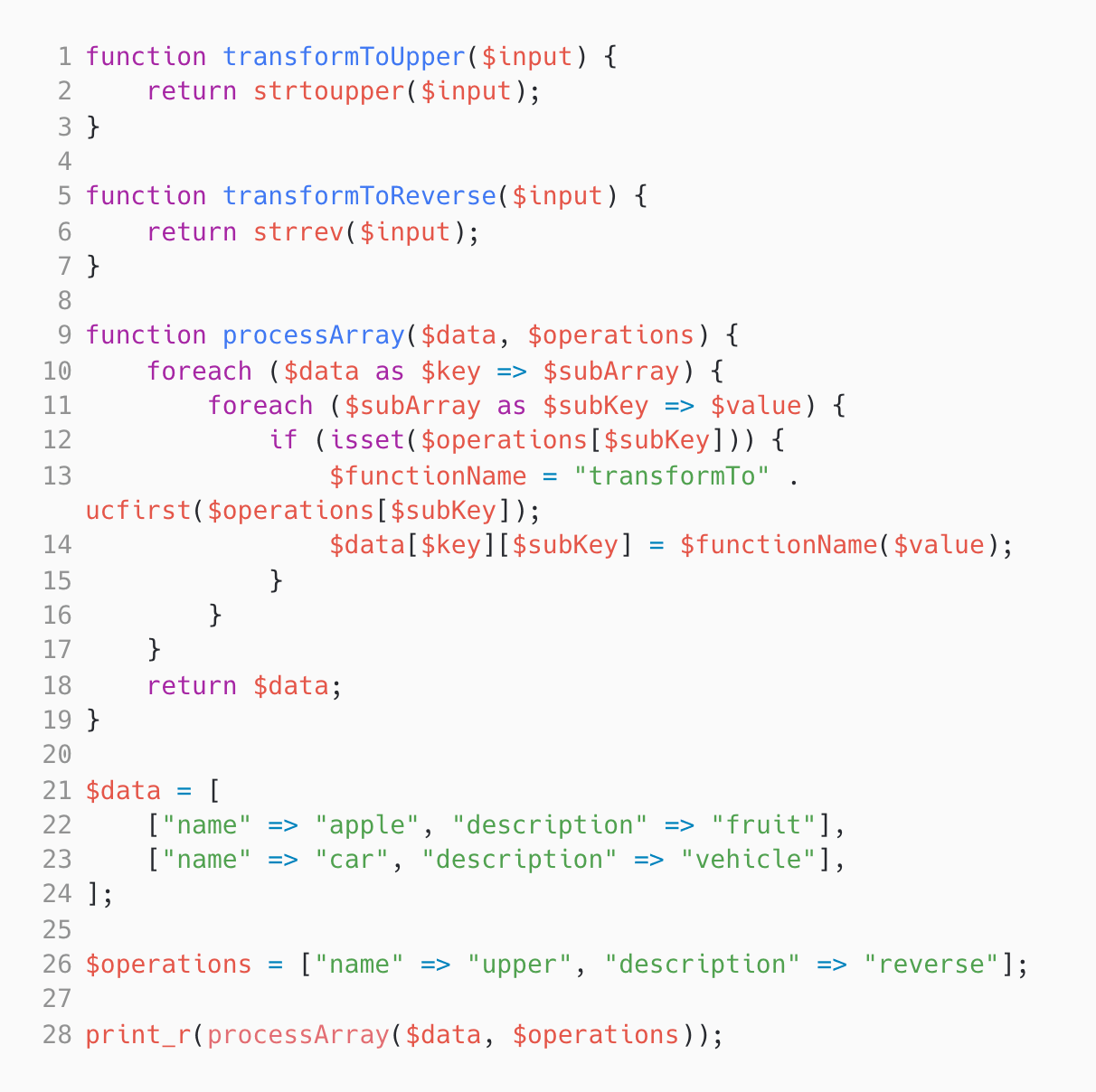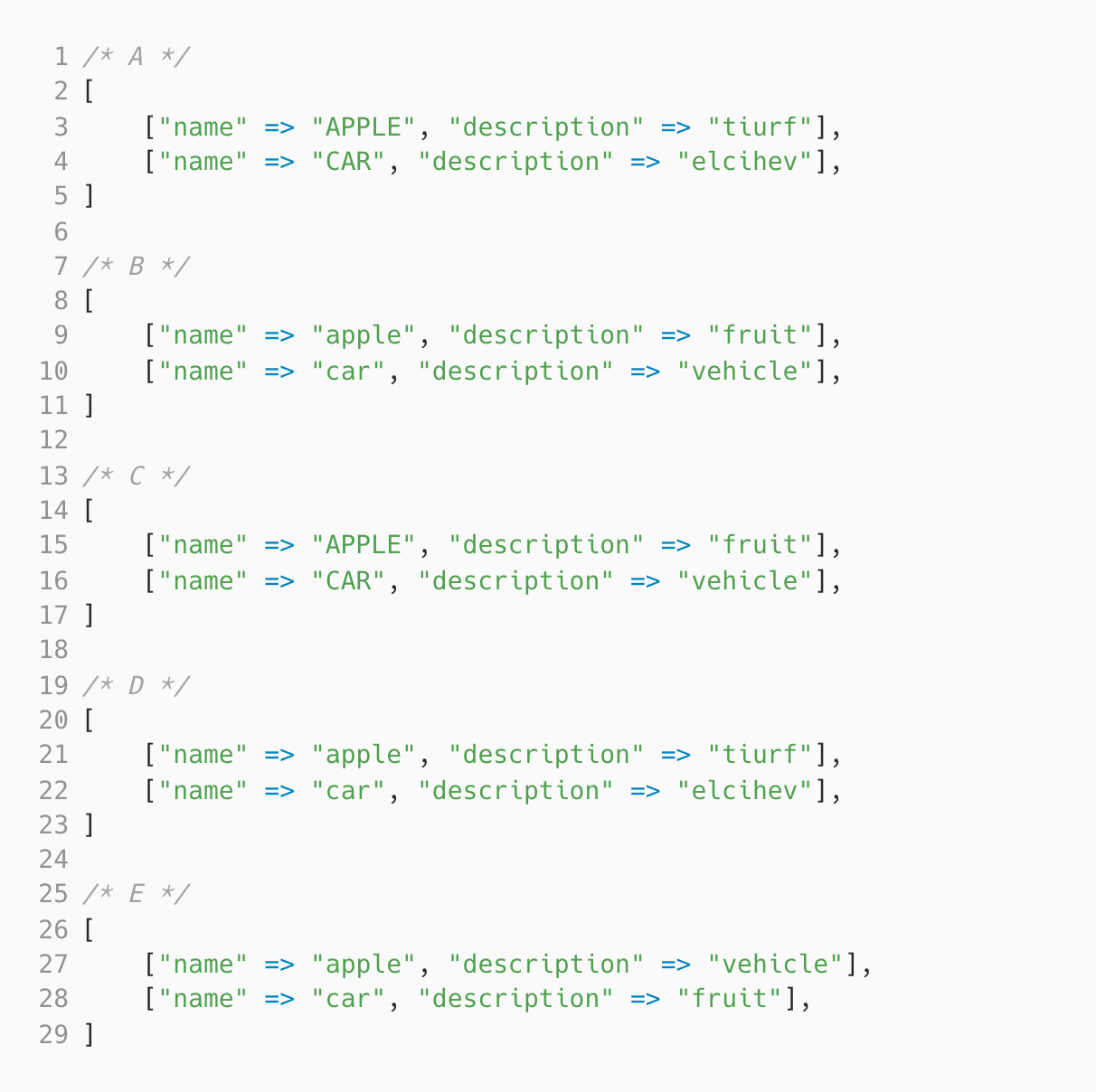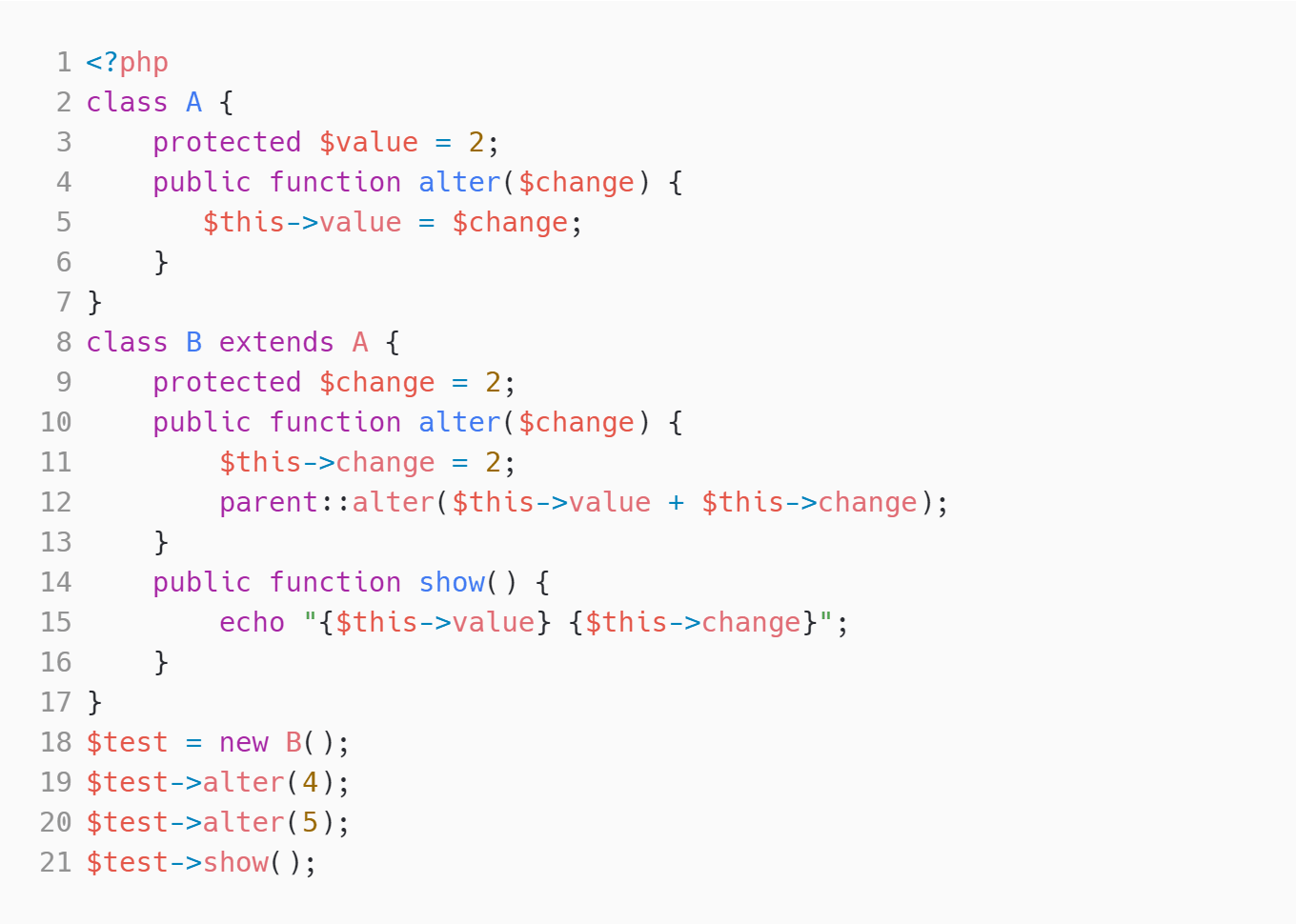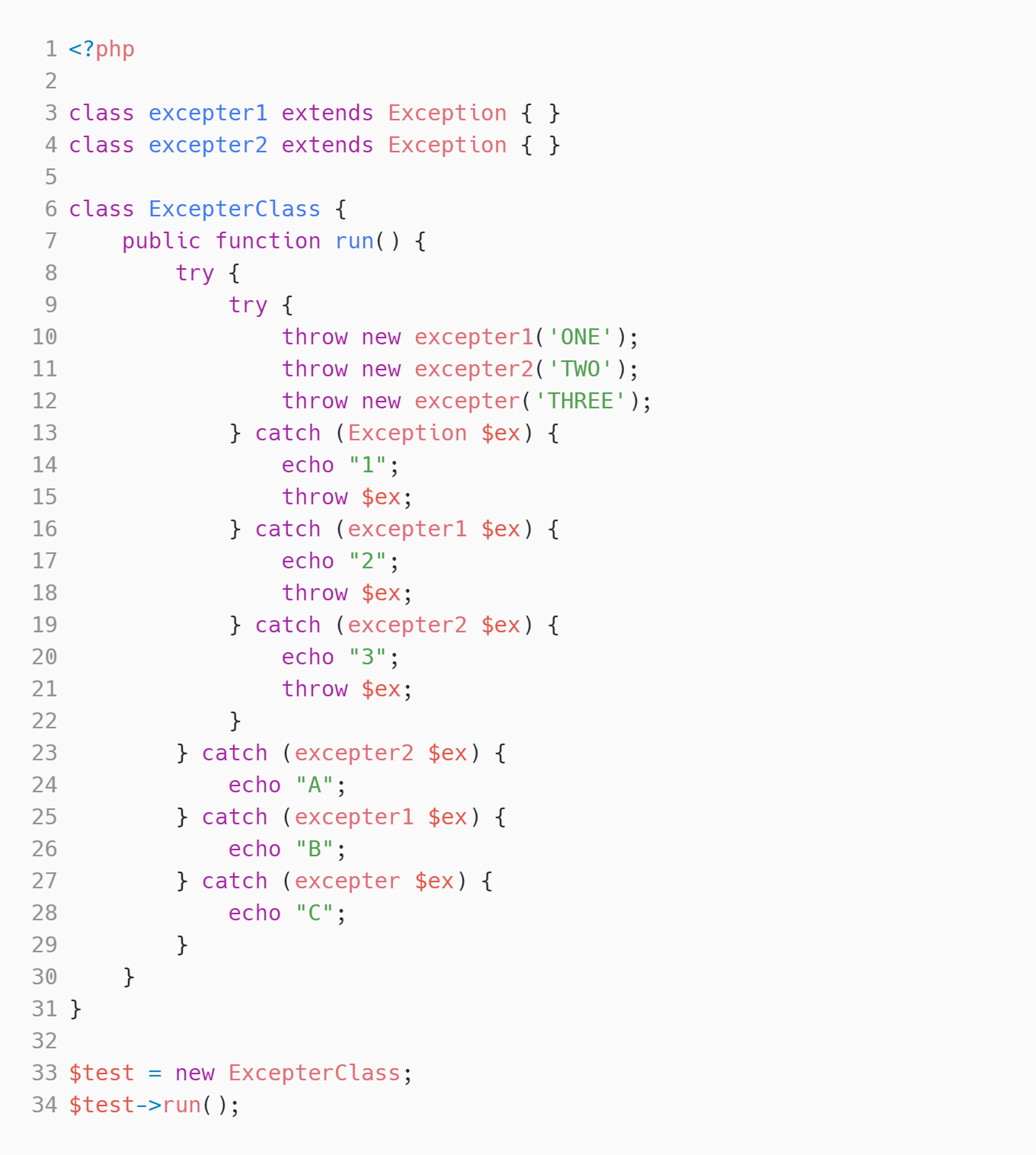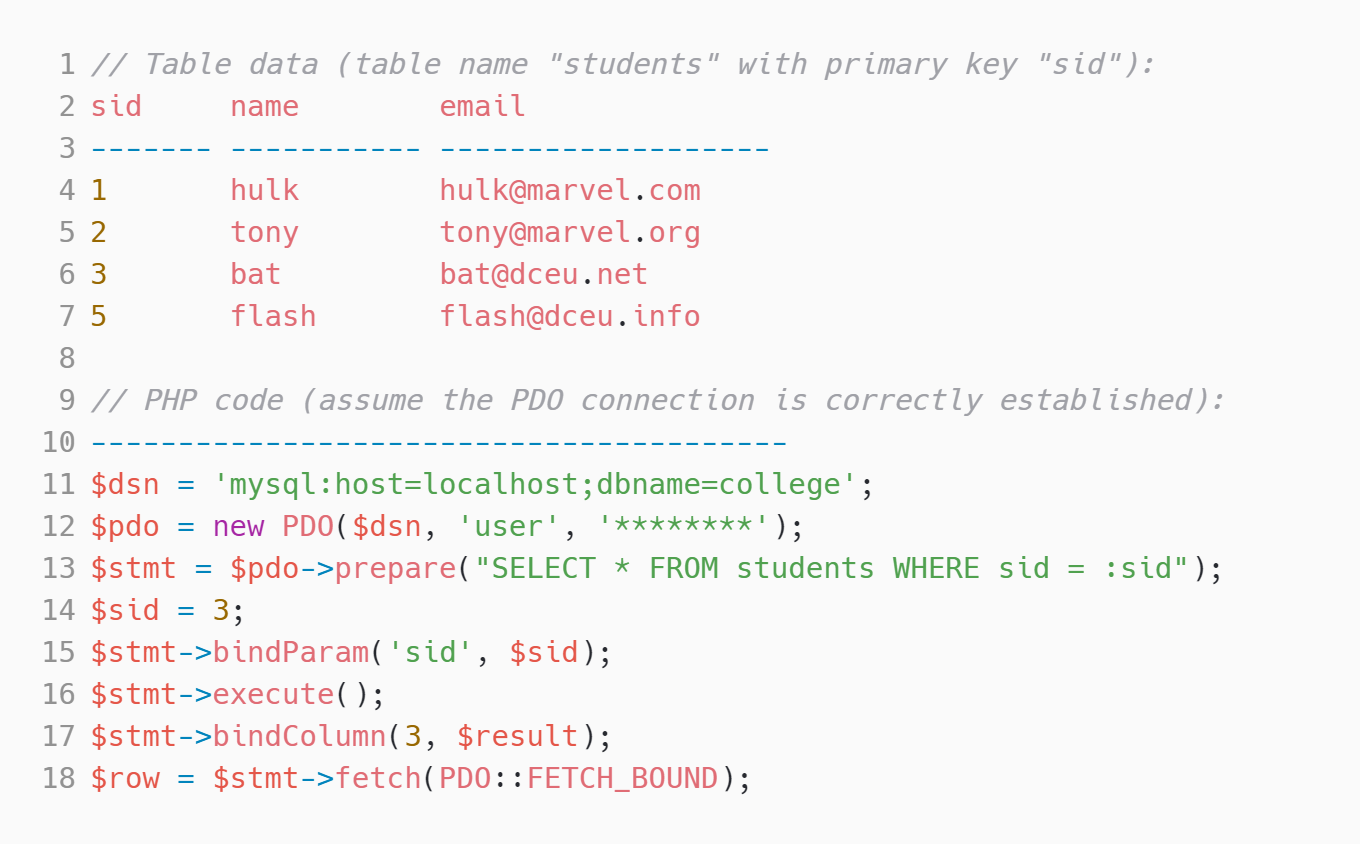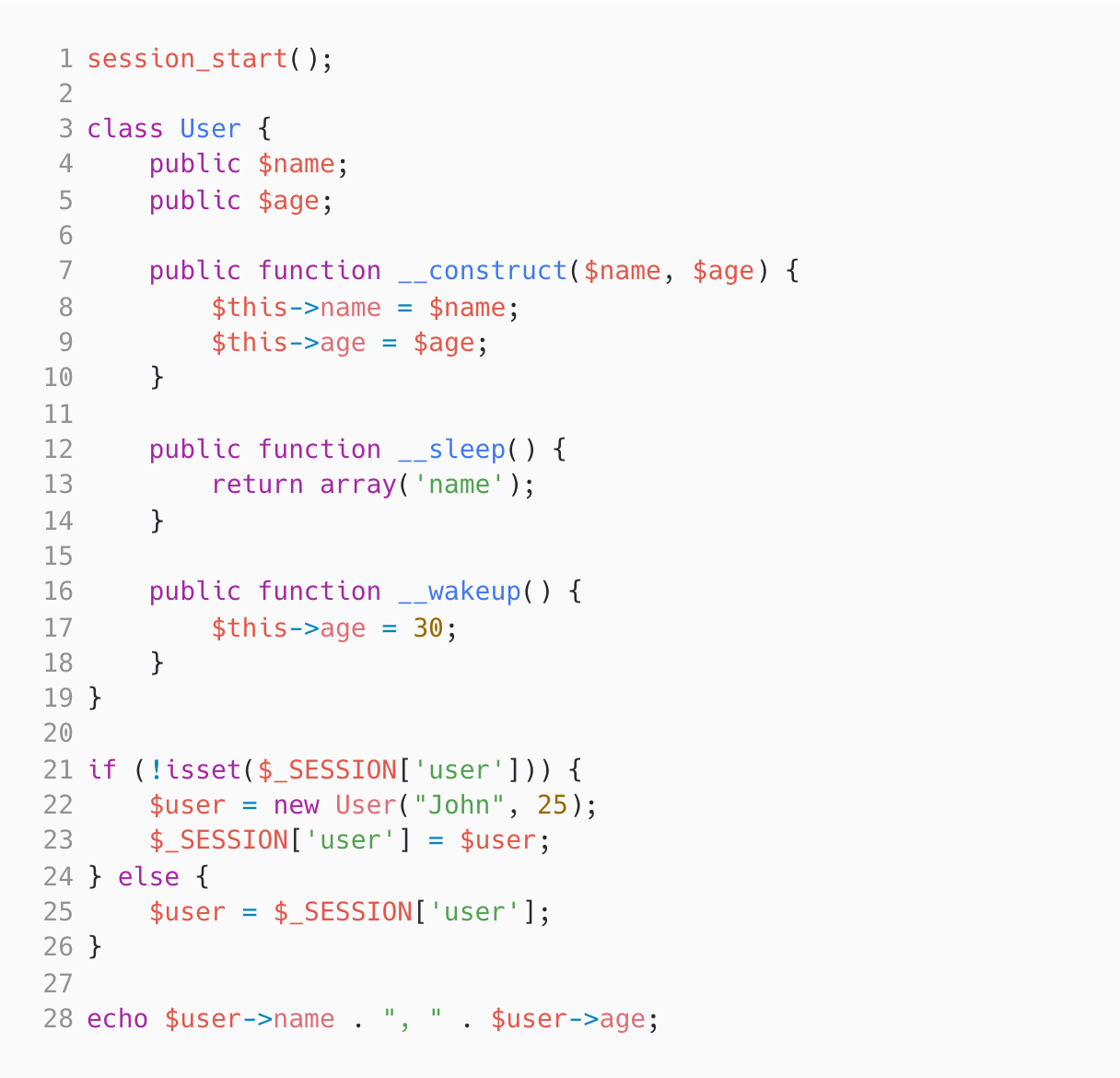Drupal CMS: Drupal CMS is a content management system that allows users to create, organize, and manage digital content. It is widely used for building robust and scalable websites, providing features such as user authentication, content publishing, and content workflow management.
Drupal modules: Drupal modules extend the functionality of the Drupal CMS by adding additional features and capabilities. They can be installed and enabled to provide custom functionality such as integrations with third-party systems, advanced content types, and enhanced user management.
Drupal theming: Drupal theming involves the design and layout of a Drupal website. It includes creating and customizing templates, styling the user interface, and implementing responsive design techniques to ensure a consistent and visually appealing experience for website visitors.
Drupal site configuration: Drupal site configuration refers to the process of setting up and configuring various aspects of a Drupal website, including site settings, content types, taxonomies, user roles and permissions, and other site-wide configurations. It allows administrators to tailor the website to specific requirements and ensure optimal performance and security.
Drupal site administration: Drupal site administration involves managing the day-to-day operations of a Drupal website. This includes tasks such as user management, content moderation, site backups, security updates, and performance monitoring. Effective site administration is crucial for maintaining a well-functioning and secure Drupal website.
Drupal content management: Drupal content management refers to the process of creating, editing, organizing, and publishing digital content within a Drupal website. It provides a user-friendly interface for content authors and editors to manage the website's content, ensuring a consistent and structured presentation of information to visitors.
Drupal site building: Drupal site building involves using Drupal's administrative interface to construct and configure a website without the need for significant coding. It includes tasks such as creating content types, configuring views and blocks, setting up menus and navigation, and managing site layouts. Strong site building skills are essential for creating and maintaining complex Drupal websites.
Drupal database management: Drupal database management entails managing and optimizing the database that stores the website's content and other data. This includes tasks such as database backup and restore, performance tuning, query optimization, and data integrity management. Efficient database management is crucial for ensuring optimal website performance and scalability.
Drupal security: Drupal security involves implementing measures to protect a Drupal website from unauthorized access, data breaches, and other security threats. This includes ensuring secure user authentication, implementing access controls and permissions, applying security patches and updates, and monitoring for potential vulnerabilities. Strong Drupal security skills are necessary for safeguarding sensitive data and maintaining the integrity of a website.
Drupal performance optimization: Drupal performance optimization focuses on improving the speed, responsiveness, and efficiency of a Drupal website. It involves techniques such as cache management, code optimization, image optimization, database tuning, and server configuration. Effective performance optimization skills are essential for delivering a fast and smooth user experience, especially for high-traffic websites.
PHP Syntax: PHP Syntax refers to the set of rules and conventions used for writing PHP programming language. It defines how statements, variables, functions, and other components of PHP code should be structured and formatted. Understanding PHP Syntax is important for writing clean, readable, and error-free PHP code.
PHP OOP: PHP OOP (Object-Oriented Programming) is a programming paradigm that emphasizes the use of objects, classes, and inheritance to organize and structure code. It allows for modular and reusable code, promoting code efficiency, maintainability, and scalability. Proficiency in PHP OOP is crucial for building complex and robust applications in PHP.
PHP Sessions: PHP Sessions are a mechanism for maintaining state and persisting data across multiple web requests. They allow for the storage and retrieval of user-specific information, such as login status, shopping cart contents, or user preferences. Understanding PHP Sessions is vital for creating interactive and personalized web applications.
PHP Programming: PHP Programming involves writing code in the PHP programming language to build dynamic web applications. It includes tasks such as handling form submissions, interacting with databases, performing calculations, manipulating strings and arrays, and implementing control flow structures. Proficiency in PHP Programming is essential for developing feature-rich and functional web applications.



















